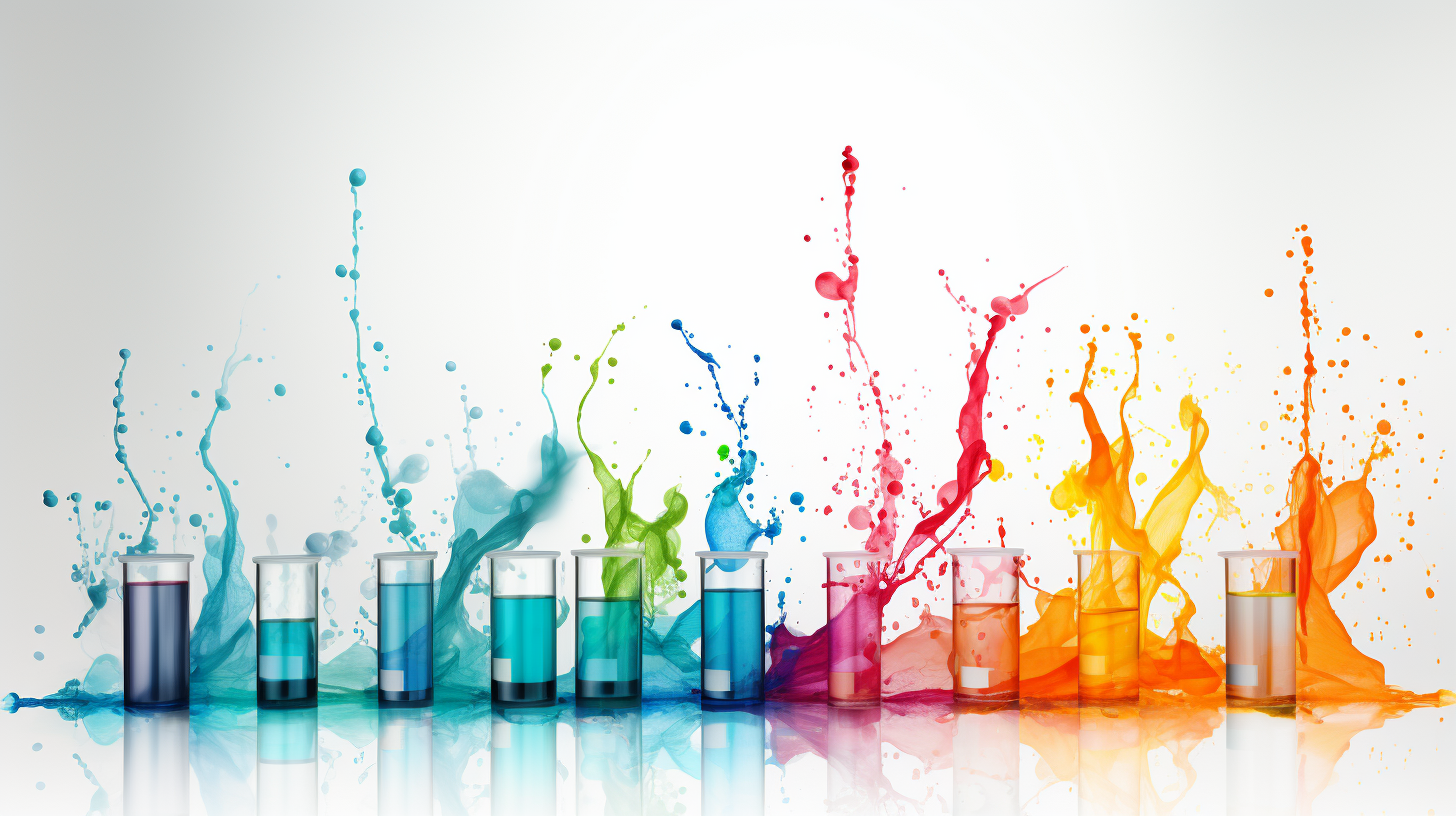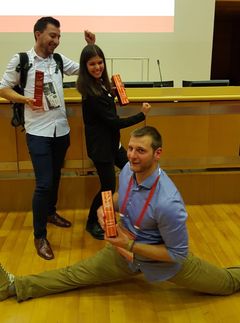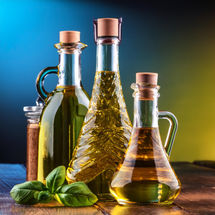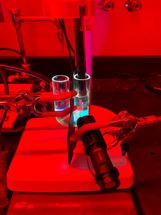Improved Method for Separation of Anthocyanins in Cranberry and Bilberry Extracts
Thermo Fisher Scientific announced an enhanced method to separate anthocyanins in cranberry and bilberry extracts with increased speed and reduced solvent consumption per analysis as compared to a previously developed method. Application Note (AN) 1042: Rapid separation of Anthocyanins in Cranberry and Bilberry Extracts Using a Core-Shell Particle Column demonstrates that this new method is simple, sensitive, rapid, and accurate, making it ideal for routine screening and quantification of anthocyanins in many natural products.
Application Note (AN) 1042 describes use of a high-performance liquid chromatography (HPLC) column to provide a qualitative analysis of bilberry extract, which is a complex sample with 15 anthocyanins and five anthocyanidins. This study also shows that the same HPLC column can be used to perform a quantitative analysis of cranberry extract with a 20-minute time savings as compared to the previously developed method. The advantage of using this particular column is that it is packed with solid core-porous shell particles, one of the newer developments in separation science.
Most read news
Other news from the department research and development

Get the chemical industry in your inbox
By submitting this form you agree that LUMITOS AG will send you the newsletter(s) selected above by email. Your data will not be passed on to third parties. Your data will be stored and processed in accordance with our data protection regulations. LUMITOS may contact you by email for the purpose of advertising or market and opinion surveys. You can revoke your consent at any time without giving reasons to LUMITOS AG, Ernst-Augustin-Str. 2, 12489 Berlin, Germany or by e-mail at revoke@lumitos.com with effect for the future. In addition, each email contains a link to unsubscribe from the corresponding newsletter.
Most read news
More news from our other portals
See the theme worlds for related content
Topic world HPLC
HPLC is a key technology in modern analytical chemistry. It enables the separation, identification and quantification of components in complex mixtures with high precision and efficiency. Whether in the analysis of active pharmaceutical ingredients, the quality control of foodstuffs or the examination of biological samples - HPLC is often the method of choice for demanding separation tasks.

Topic world HPLC
HPLC is a key technology in modern analytical chemistry. It enables the separation, identification and quantification of components in complex mixtures with high precision and efficiency. Whether in the analysis of active pharmaceutical ingredients, the quality control of foodstuffs or the examination of biological samples - HPLC is often the method of choice for demanding separation tasks.





























































